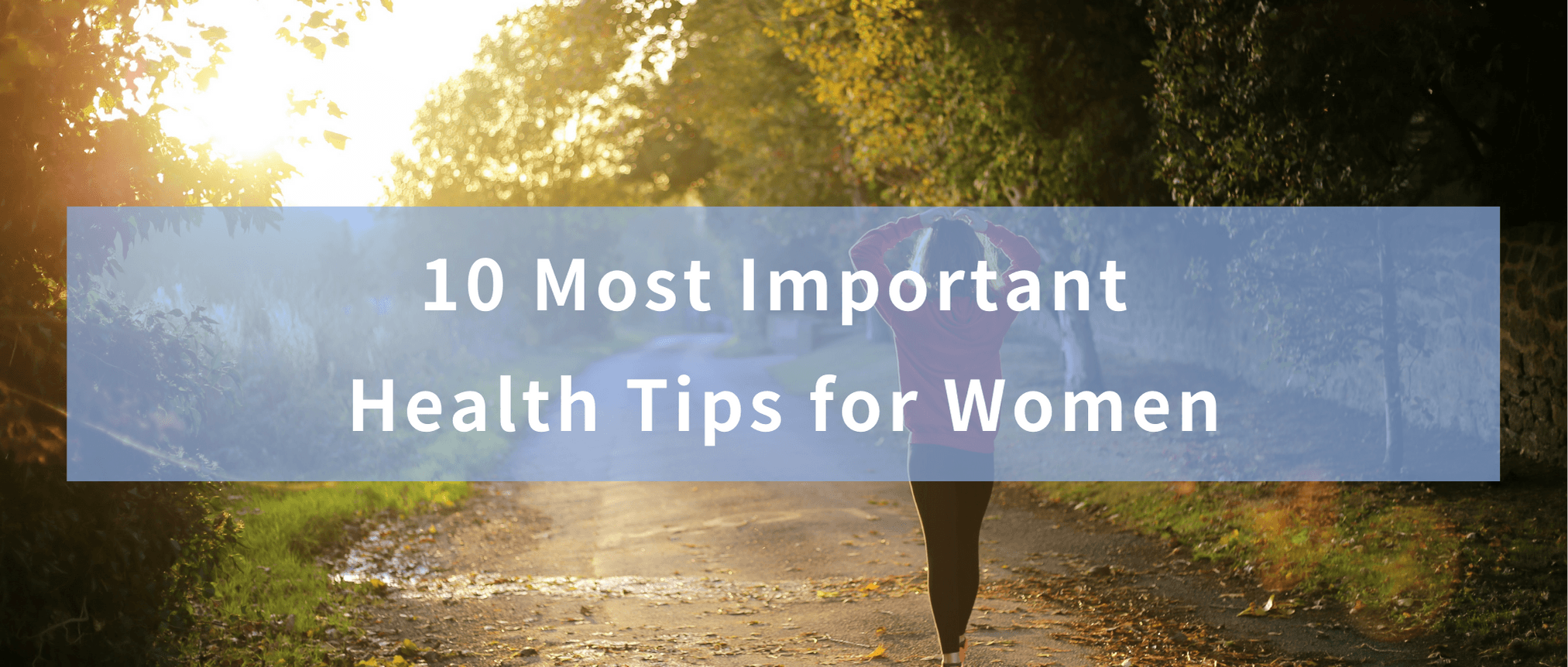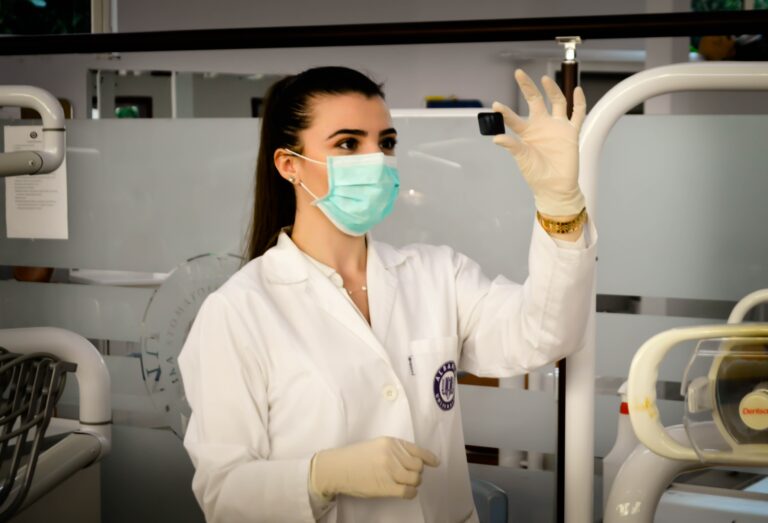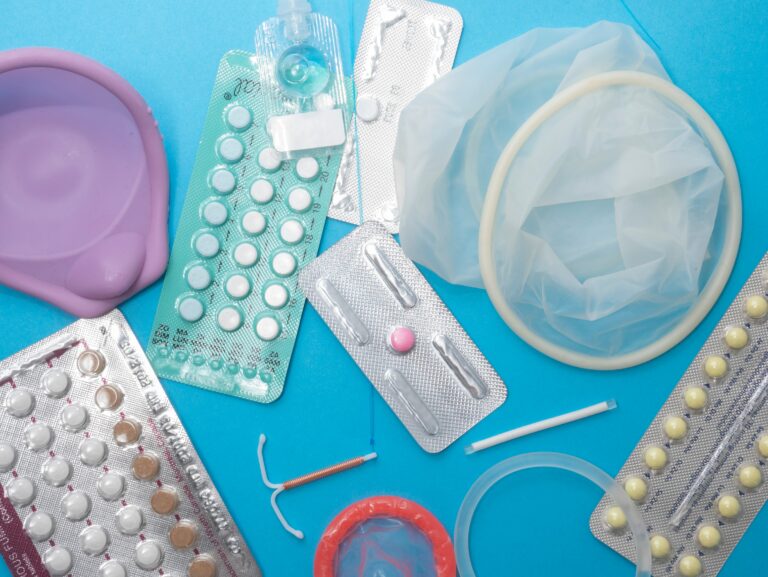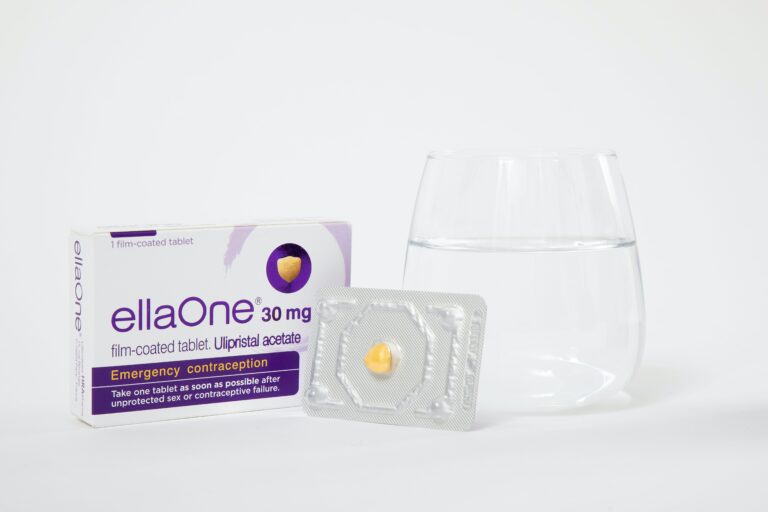Top 10 Health Issues Women Shouldn’t Ignore

Introduction
Some health symptoms in women might look minor, but indeed are evident warnings that demand immediate medical treatment. Though, they may appear insignificant yet are your body’s way of alerting you that something is amiss, so knowing about these symptoms and addressing them with your doctor can have a big impact on your prognosis and treatment efficacy. Especially for us, who are international students studying in the United States, our families are not here with us, and many times we need to pay more attention to our own health and wellness.

During your study abroad, all girls please self-check whether you have experienced the following symptoms:
1. Chest pain or discomfort
This could indicate a heart attack, and women often experience different symptoms than men, such as shortness of breath, nausea, and pain in the jaw or neck.
2. Abnormal vaginal bleeding
Any unusual bleeding, such as bleeding after sex or between periods, could be a sign of cervical or uterine cancer.
3. Changes in breast tissue
Lumps, bumps, or changes in the texture or appearance of breast tissue should be checked by a doctor, as they could indicate breast cancer.
4. Severe headaches
Headaches that are accompanied by nausea, vomiting, dizziness, or changes in vision could be a sign of a serious condition such as a brain tumor or stroke.
5. Shortness of breath
If you’re experiencing shortness of breath that’s not due to physical exertion, it could be a sign of a pulmonary embolism or other respiratory issue.
6. Painful or frequent urination
This could be a sign of a urinary tract infection, bladder infection, or kidney stones.
7. Changes in bowel habits
If you notice changes in your bowel movements, such as diarrhea or constipation, that last for more than a few days, it could be a sign of a digestive disorder or colorectal cancer.
8. Unexplained weight loss
If you’re losing weight without trying, it could be a sign of a thyroid issue, cancer, or another underlying health problem.
9. Extreme fatigue
If you’re feeling tired all the time, even after getting enough sleep, it could be a sign of anemia, thyroid issues, or other health problems.
10. Skin changes
Changes in the appearance or texture of your skin, such as new moles, rashes, or discoloration, could be a sign of skin cancer or other health issues.
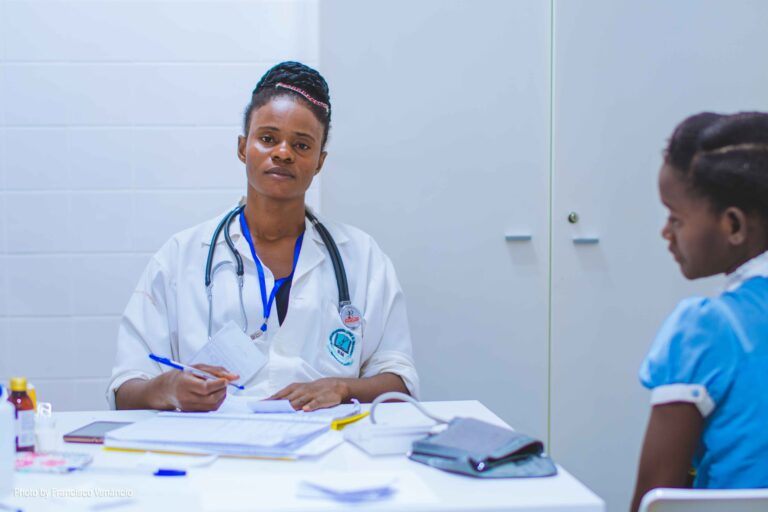
Conclusion:
Apart from checking your body regularly, it is also important to note that these symptoms don’t necessarily mean that you have a serious health condition, but it’s always better to be safer and healthier. Student Medicover has been dedicated to protecting the health and safety of international students in the United States for the past ten years. All of our plans include the benefits and claims for regular physical checkups in the United States, and it is never a wrong choice to have yourselves covered by insurance in the US.
Click here to contact our customer service representatives for more detailed insurance plans and medical options. If you experience any of the symptoms mentioned above at school, please go to the health center or a nearby clinic for proper diagnosis and treatment as soon as possible. If the situation is more severe, such as symptoms of a heart attack or other life-threatening illnesses, please dial 911 or go to the nearest emergency facility immediately.
Hope every one of you stay in good health!




